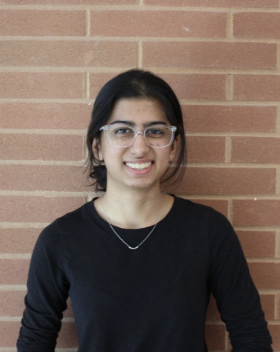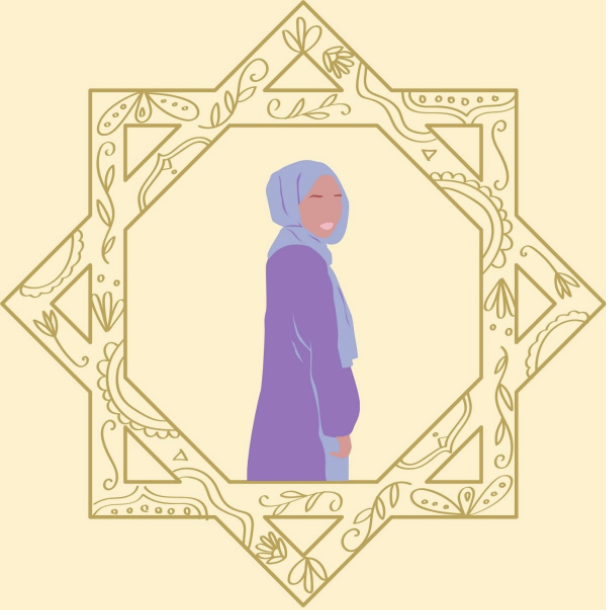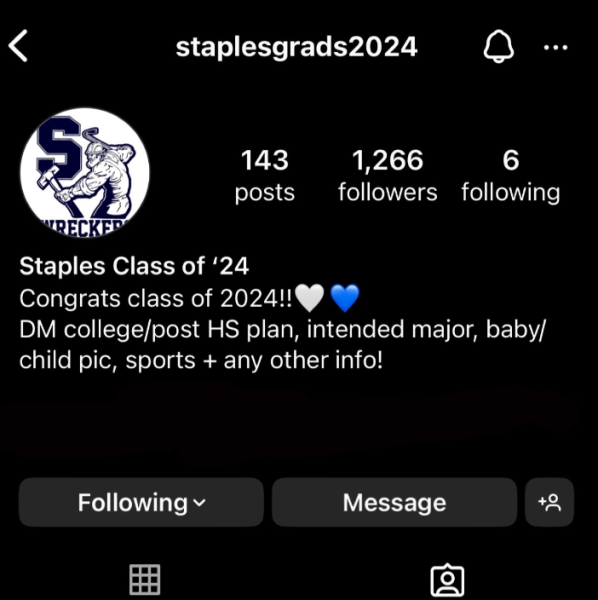Yes, not even water: a Muslim student reflects on Ramadan
This year, Muslims are fasting through the month of April until May 13. While congregating in mosques for prayer remains unsafe due to Covid-19, Muslims are keeping the community spirit alive this Ramadan by delivering contactless iftars (the traditional dinner to break fast) to houses of friends and family.
I blearily stumble out of bed and fumble around for my phone to silence the aggravatingly ear-piercing alarm emitting from it. It reads 4:00 am. Heading into the kitchen, I carefully pour a glass of water as my eyes adjust to the lighting. A warm aura surrounds the stove, where breakfast is being made and a comforting pot of tea is brewing. As dawn approaches, my family sits down together to share our meal, aware of the impending sunrise. I take one last sip of water just before the adhan (Muslim call to prayer) rings out from my prayer app. Pulling a scarf over my hair, I perform the morning prayer and catch a glimpse of the first rays of dawn outside my window before I dive back into the warmth of my bed.
This is a daily routine for Muslims in the holy month of Ramadan, a period of reflection, prayer and community. This year, Ramadan takes place from April 13 to May 13. During the 30-day long period, Muslims abstain from food and drink from sunrise to sunset each day. The main purpose is not only to get closer to God, but to truly understand what those less fortunate than us endure every day.
For me, this is an incredibly humbling experience that evokes me to greatly consider compassion and what I can do to give back to my community and alleviate the struggles of others.
However, growing up in Westport as a minority, observing Muslim traditions made me realize that I was profoundly different from the rest of my peers. While my classmates would excitedly discuss the presents they received during Christmas and Hanukkah, I was met with bewildered stares when I spoke about Ramadan or Eid.
Observing principles of modesty and decency required me to act and dress differently. As I grew older, I faced an identity crisis as I struggled to uphold my faith in an environment where I was the only Muslim. Being constantly underrepresented came to have an impact on my personal recognition of my religion because it wasn’t something I could relate to with others.
Being constantly underrepresented came to have an impact on my personal recognition of my religion because it wasn’t something I could relate to with others. — Mishael Gill ’23
I recall an incident in middle school where some kids in my English class were discussing fasting.
“Why do people fast? Like, it’s so dumb,” one student said.
I was pretty taken aback at the time since I was fasting myself, but I now find this to be an example that illustrates the need for more awareness regarding minorities.
I believe it would be beneficial for everyone in our community to take the time to educate themselves about minorities and explore the diversity (however limited) that does exist. This could be achieved academically through educational approaches but also by simply recognizing and acknowledging the minorities in our midst. Opening up inclusive discussions would help make the Staples social dynamic more comfortable and agreeable for everyone.
For me, Ramadan exists as a reminder of the diverse reality that we live in and I use this time to focus on building community through honoring our phenomenal differences.
As a Muslim with an intersectionalist identity, I understand what it means to be unique and continually strive to appreciate and love the differences that exist between individuals of our humanity. I implore everyone to do the same.

Paper Managing Editor, Mishael Gill ’23 is all about helping people. She plans to advance into the pre-med track next year in college.
Currently,...

Paper Managing Editor, Mishael Gill ’23 is all about helping people. She plans to advance into the pre-med track next year in college.
Currently,...



















































